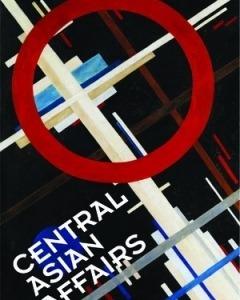
Abstract
Conventional wisdom highlights civil society as an integral component of a democratic society. Due to the dominance of the state in all aspects of life, civil society was largely absent in Uzbekistan until the change of government in 2016. The new President Mirziyoyev’s liberalization policy towards media gave birth to a strong group of opinion formers visible on social media platforms, otherwise known as 'bloggers'. This paper seeks to identify how Mirziyoyev’s liberalization policy affects Uzbekistan’s path to consolidate its democracy. It argues that the recent political liberalization showed early signs of the emergence of civil society groups. To support this argument, the paper uses the case of two unrelated incidents: large scale demolition of people’s properties by the khokimiyat in Urganch, and forced labor of public servants in the Bukhara region.
DOI or Web link
https://brill.com/view/journals/caa/7/4/article-p340_2.xmlFile attachments
| Attachment | Size |
|---|---|
| 22142290_-_Central_Asian_Affairs_Political_Liberalization_and_Emerging_Civil_Society_in_Uzbekistan.pdf(1.54 MB) | 1.54 MB |